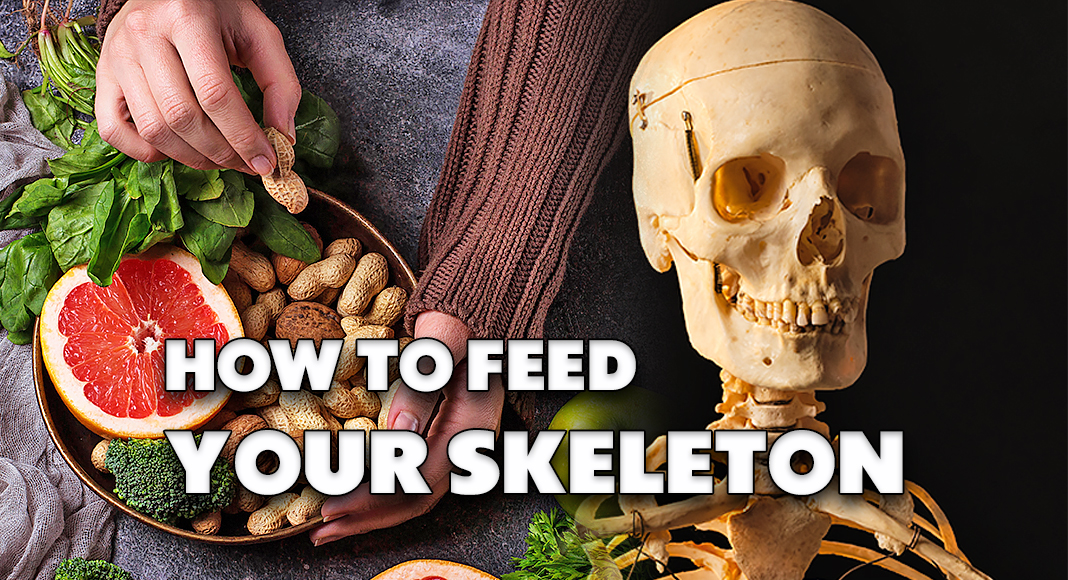
Mega Doctor News
CLEVELAND CLINIC – As you venture out for trick-or-treating this week, you’re sure to see a lot of spooky and scary skeletons on display.
And while those are just for show, our real bones are much more important, which is why we need to keep them healthy.
“Our bones are just like any other body part. We grow them and build them and support them by the food that we eat, and we can damage them by the food we eat, so certainly can go both ways,” said Julia Zumpano, RD, registered dietitian for Cleveland Clinic.
There are more than 200 bones in our body, and they serve many roles, like providing structural support and protecting our organs.
So, what can we eat to help keep our bones healthy?
Zumpano said milk, cheese, yogurt and oranges are good sources for calcium, while eggs, mushrooms, salmon and leafy greens have a lot of vitamin D.
But, those aren’t the only nutrients you need.
She said you should also pick foods that have vitamin K2, protein, magnesium, phosphorus and potassium in them.
As for what to avoid, she said it’s the same as what we would stay away from for general health, like salt and sodium.
“Salt and sodium can cause the body to lose calcium, we definitely don’t want that,” said Zumpano. “Most Americans eat way more sodium than we need to. And most of it’s coming from processed food, not necessarily adding salt to whole foods. So that’s another category that we want to avoid.”
She also recommends avoiding sugary foods and caffeinated beverages, like soda, which can impact the absorption of certain nutrients.










